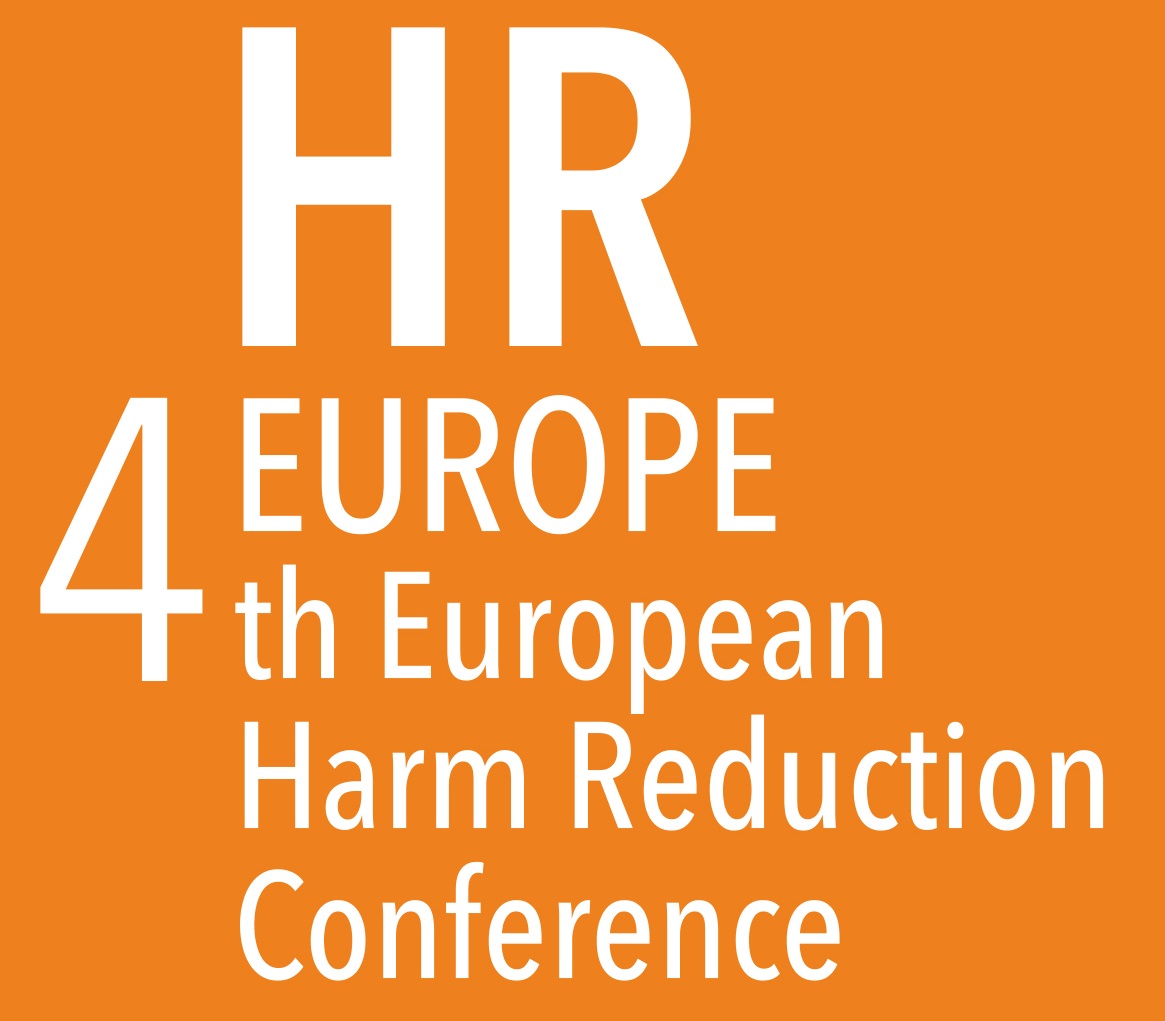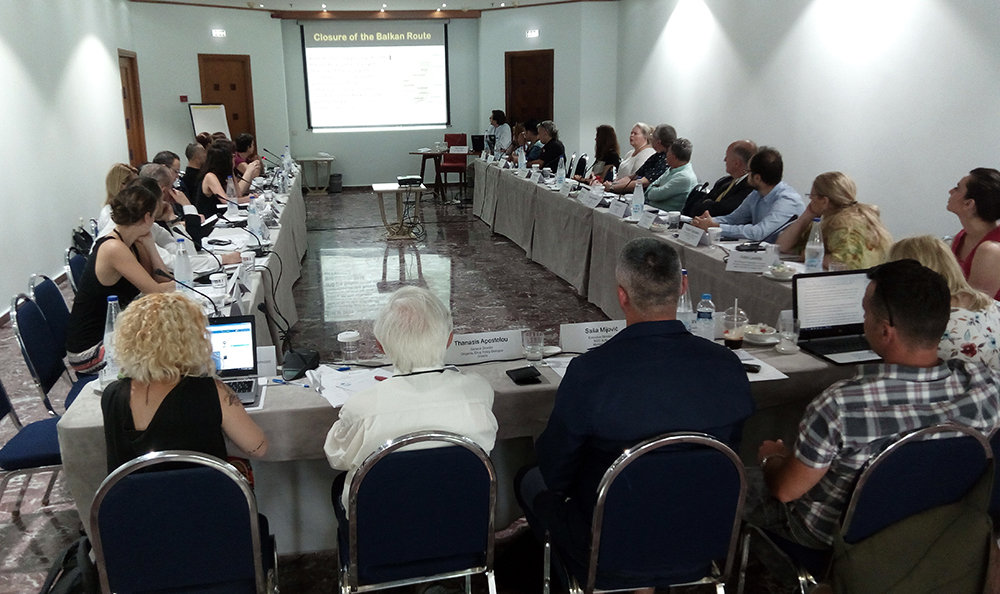NGO Juventas, together with NGOs 4 Life and Montenegrin High School Students Union, implemented “Support don’t punish” campaign for the third time in Montenegro. This year campaign was dedicated to the burning issues in the country:
- Lack of sustainable support to Harm Reduction services,
- Lack of treatment for underage people who use drugs,
- Youth and drug use.
NGO Juventas and NGO 4 Life made a public statement on the 26 June, in which they requested urgent enabling on:
- Provision of free of charge residence in the Public institution for accommodation, rehabilitation and re-socialization of drug users for all persons in need of this treatment.
- Provision of payment of treatment costs to the Public Institution for accommodation, rehabilitation and re-socialization of Persons who use drugs who are members of families already been entitled to social protection benefits.
- Introduction of Non-Interferon Therapy for the Treatment of Hepatitis C Viral Infection and Issuance of Non-Interferon Therapy Generic Medication Purchase Permission.

At the other hand, NGO Juventas in partnership with Montenegrin Union of High school Students implemented online survey among young people in Montenegro from 16th to 26th June. 590 persons from most of municipalities of Montenegro, younger than 30 participated in survey, which gave an overview on the state of Youth and drugs in our country. 1/3 of respondents were underage.
After public presentation of survey results, Public Debate on the topic of “Legalisation of marihuana in Montenegro – Pros and Contras” was organised in Youth Centre of Podgorica and team of “Slobodan Škerovic” High school Pro and team of Political Science Faculty Contra.
At the end, a short video form was created in order to rise questions on the state of people who use drugs and available health and social care support in Montenegro, which was seen by 7800 people.
At the other hand, Juventas supported activities of NGO Link, first association of persons who use drugs in Montenegro during “Self-Support, don’t punish Us” campaign, during which a public statement on stigma and discrimination as one of main problems of people who use/inject drugs was made.
In order to improve the quality of life of drug addicts, but also to influence positive changes in our community, participating organisations proposed a series of measures:
- Establishment of the Clinic for the treatment of drug addiction and strengthening the role of the psychiatrists and the personal doctor in the treatment of this disease in all health centres in Montenegro.
- Increase the capacity of substitution programs in health canters, in particular in Podgorica, to reduce existing waiting lists for starting treatment in the capitol.
- Introduce free distribution of Naloxone
- Enabling conditions for adequate treatment of persons who use drugs within the Institution for Execution of Criminal Sanctions
- Opening the safe injection room

Juventas supported implementation of drug-addicted persons activity related to painting „Support. Don’t Punish” logo in the center of Podgorica.
The main result of this year „Support don’t punish” campaign in Montenegro is decision of Ministry of Health to support development of substitution treatment in Podgorica and ensure opening another centre of this kind in 2018. The latest. NGO Juventas succeeded to make this agreement, just at the end of July, after whole month of very demanding negotiations.
 Following recent conferences held in Marseille 2011, Basel and Amsterdam in 2014, the 4th European Harm Reduction Conference is called for 21 to 23 November 2018. The Conference will be held in Bucharest, Romania, in the National Library. It will be organised by the Correlation Network in cooperation with Romanian partners and different European Networks and partners, such as Infodrug Switzerland, the European Network of People Who Use Drugs, the Eurasian Harm Reduction Association and the European Joint Action HA-REACT.
Following recent conferences held in Marseille 2011, Basel and Amsterdam in 2014, the 4th European Harm Reduction Conference is called for 21 to 23 November 2018. The Conference will be held in Bucharest, Romania, in the National Library. It will be organised by the Correlation Network in cooperation with Romanian partners and different European Networks and partners, such as Infodrug Switzerland, the European Network of People Who Use Drugs, the Eurasian Harm Reduction Association and the European Joint Action HA-REACT.

















